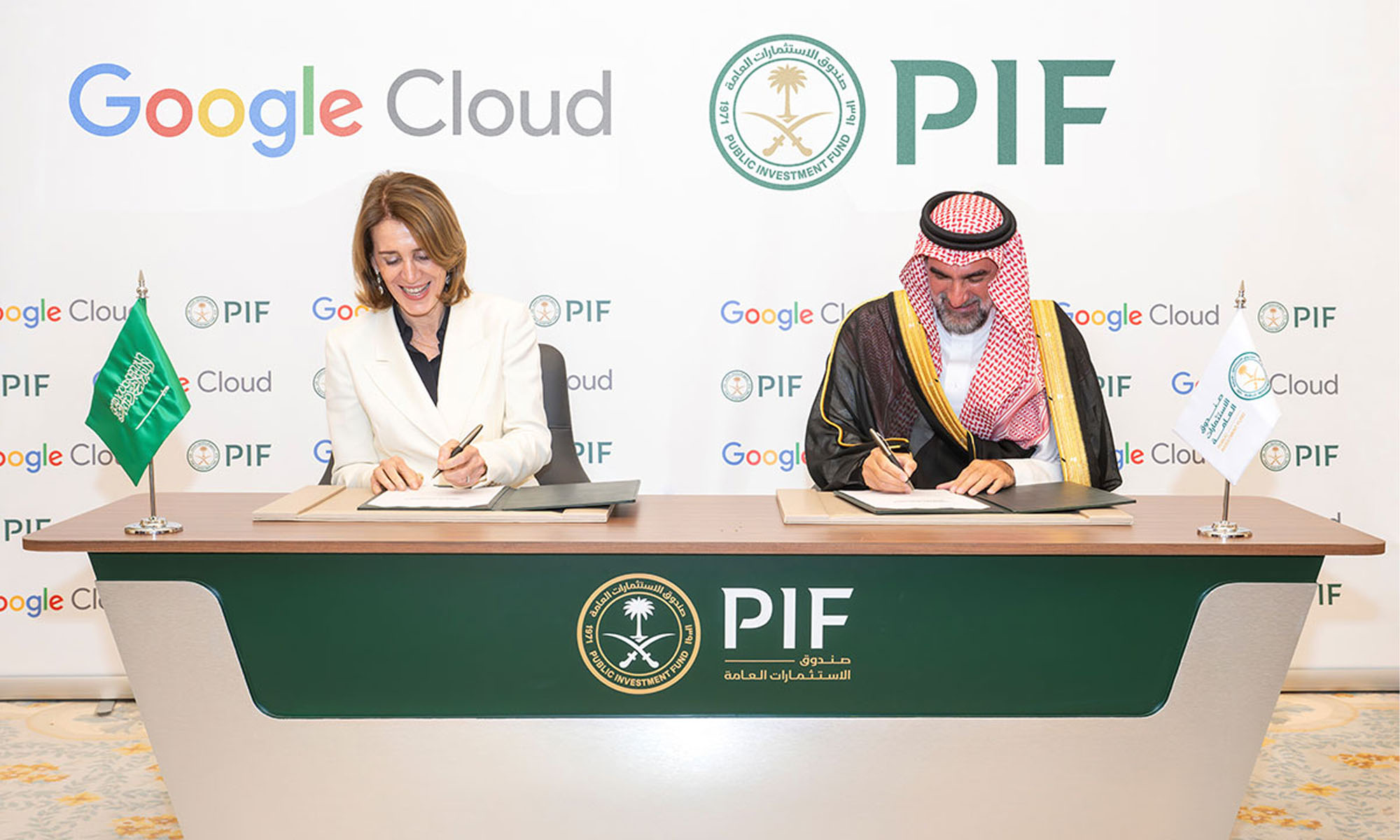News
Google To Launch AI Hub In Saudi Arabia, Aiming For $71B GDP Boost
The tech giant also plans to develop local AI solutions, and train regional talent to foster innovation and entrepreneurship.

Google has announced plans to set up a cutting-edge artificial intelligence (AI) hub in Saudi Arabia, a move aimed at accelerating technological growth and economic development across the wider gulf region. The ambitious project aligns with Saudi Arabia’s Vision 2030, an initiative that champions technology and innovation as central to economic diversification away from the oil industry.
According to Google, the hub has the potential to contribute as much as $71 billion to Saudi Arabia’s economy. The initiative will likely speed up the adoption of AI across industries such as healthcare, retail, and financial services — not only within Saudi Arabia but also throughout the wider MENA region and beyond.
Yasir Al Rumayyan, Governor of Saudi Arabia’s Public Investment Fund (PIF), highlighted the importance of the project for the Kingdom: “This partnership demonstrates PIF’s dedication to fostering an AI-friendly environment through investments in human capital and technology, upskilling thousands with cutting-edge tools to support our sustainable and innovative infrastructure goals,” he explained. Al Rumayyan also emphasized that Saudi Arabia’s combination of sector knowledge and long-term investment strategies makes it an ideal environment for global technology partnerships.
Also Read: Top Free AI Chatbots Available In The Middle East
A central aim of Google’s initiative is nurturing local talent. The AI hub will offer a range of training, research, and collaboration opportunities for developers, researchers, and entrepreneurs within Saudi Arabia. Google envisions training “millions” of people, helping to create a robust innovation ecosystem that supports entrepreneurship and ensures economic benefits reach all segments of society.
As international technology giants increasingly look to develop solutions tailored to regional needs, Google’s initiative reflects a progressive approach that leverages the strengths of local markets. With the potential to inject billions into the economy and strengthen digital capacities, Saudi Arabia could soon emerge as a prominent center for AI innovation in the Middle East.
News
Google Releases Veo 2 AI Video Tool To MENA Users
The state-of-the-art video generation model is now available in Gemini, offering realistic AI-generated videos with better physics, motion, and detail.

Starting today, users of Gemini Advanced in the MENA region — and globally — can tap into Veo 2, Google’s next-generation video model.
Originally unveiled in 2024, Veo 2 has now been fully integrated into Gemini, supporting multiple languages including Arabic and English. The rollout now brings Google’s most advanced video AI directly into the hands of everyday users.
Veo 2 builds on the foundations of its predecessor with a more sophisticated understanding of the physical world. It’s designed to produce high-fidelity video content with cinematic detail, realistic motion, and greater visual consistency across a wide range of subjects and styles. Whether recreating natural landscapes, human interactions, or stylized environments, the model is capable of interpreting and translating written prompts into eight-second 720p videos that feel almost handcrafted.
Users can generate content directly through the Gemini platform — either via the web or mobile apps. The experience is pretty straightforward: users enter a text-based prompt, and Veo 2 returns a video in 16:9 landscape format, delivered as an MP4 file. These aren’t just generic clips — they can reflect creative, abstract, or highly specific scenarios, making the tool especially useful for content creators, marketers, or anyone experimenting with visual storytelling.
Also Read: Getting Started With Google Gemini: A Beginner’s Guide
To ensure transparency, each video is embedded with SynthID — a digital watermark developed by Google’s DeepMind. The watermark is invisible to the human eye but persists across editing, compression, and sharing. It identifies the video as AI-generated, addressing concerns around misinformation and media authenticity.
While Veo 2 is still in its early phases of public rollout, the technology is part of a broader push by Google to democratize advanced AI tools. With text-to-image, code generation, and now video creation integrated into Gemini, Google is positioning the platform as a full-spectrum creative assistant.
Access to Veo 2 starts today and will continue expanding in the coming weeks. Interested users can try it out at gemini.google.com or through the Gemini app on Android and iOS.
























